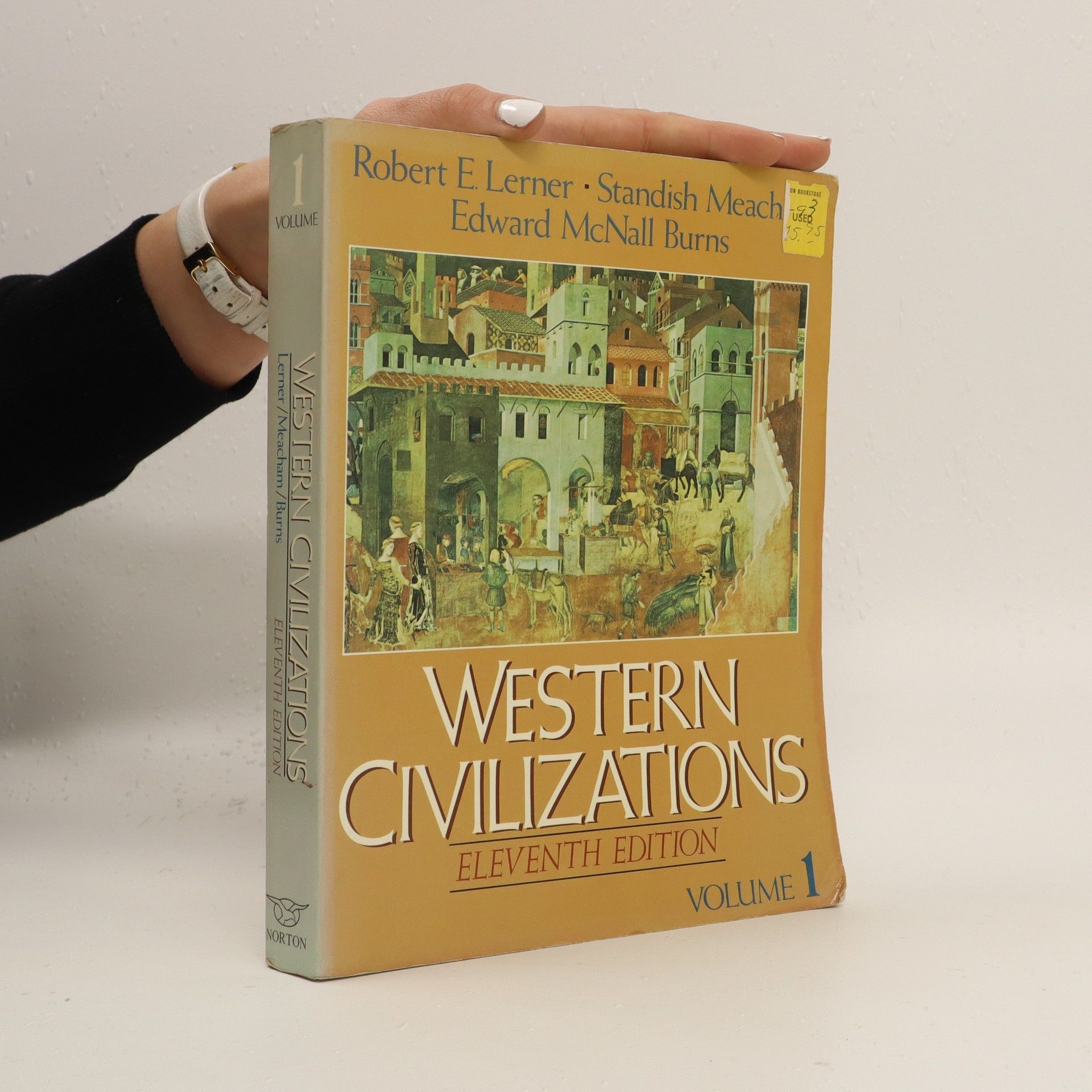Ernst Kantorowicz
Eine Biographie
Die Biografie erwähnt immer wieder die Stadt Basel, wo sich zahlreiche Schüler Georges niederliessen, wie exemplarisch Edgar Salin



Eine Biographie
Die Biografie erwähnt immer wieder die Stadt Basel, wo sich zahlreiche Schüler Georges niederliessen, wie exemplarisch Edgar Salin
A pedagogically innovative new edition of the most-balanced and best-selling western civilizations text of all time.